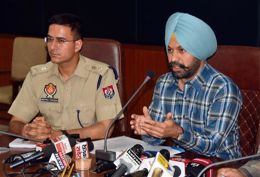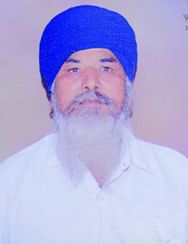
Photo for representation only. — Thinkstock.
WASHINGTON
Humans are reversing a long-term cooling trend tracing back at least 50 million years, and it has taken us just two centuries to do so, according to a study.
By 2030, Earth's climate is expected to resemble that of the mid-Pliocene, going back more than three million years in geologic time, according to the study published in the journal PNAS.
Without reductions in greenhouse gas emissions, our climates by 2150 could compare to the warm and mostly ice-free Eocene, an epoch that characterised the globe 50 million years ago, said researchers from the University of Wisconsin-Madison in the US.
"If we think about the future in terms of the past, where we are going is uncharted territory for human society," said Kevin Burke, who conducted the work.
"We are moving towards very dramatic changes over an extremely rapid time frame, reversing a planetary cooling trend in a matter of centuries," Burke said.
All of the species on Earth today had an ancestor that survived the Eocene and the Pliocene, but whether humans and the flora and fauna we are familiar with can adapt to these rapid changes remains to be seen, researchers said.
The accelerated rate of change appears to be faster than anything life on the planet has experienced before, they said.
The study relies on extensive data about climate conditions to probe much deeper in Earth's geologic past and expand those comparisons.
"We can use the past as a yardstick to understand the future, which is so different from anything we have experienced in our lifetimes," said John Williams, professor at the University of Wisconsin-Madison.
"People have a hard time projecting what the world will be like five or 10 years from now.
"This is a tool for predicting that—how we head down those paths, and using deep geologic analogues from Earth's history to think about changes in time," Williams said.
During the Eocene, Earth's continents were packed more closely together and global temperatures averaged 13 degrees Celsius warmer than they are today.
Dinosaurs had recently gone extinct and the first mammals, like ancestral whales and horses, were spreading across the globe.
The Arctic was occupied by swampy forests like those found today in the southern US.
In the Pliocene, North and South America joined tectonically, the climate was arid, land bridges allowed animals to spread across continents and the Himalayas formed.
Temperatures were between 1.8 and 3.6 degrees Celsius warmer than they are today. — PTI



























